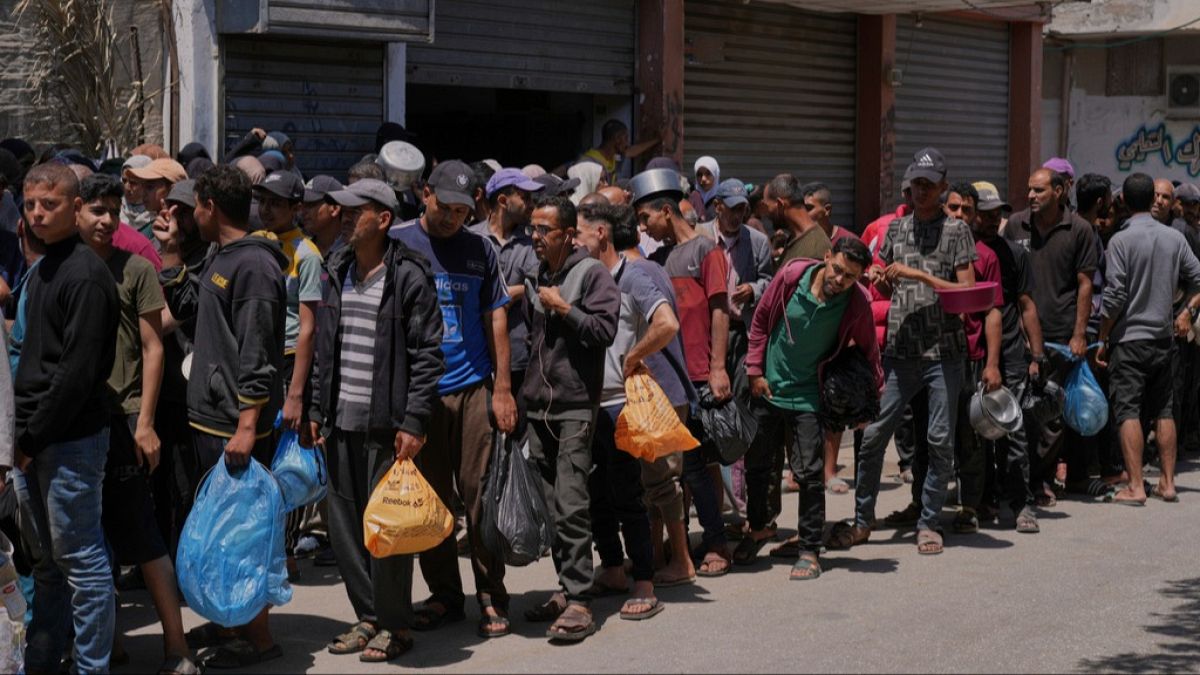

The unfolding humanitarian crisis in Gaza presents a grave challenge as reports indicate a deepening state of famine. The situation has reached a critical juncture, calling for immediate global attention and action to prevent further suffering and loss of life.
According to a recent assessment by the Integrated Food Security Phase Classification (IPC), the crisis has reached what many feared could become an unparalleled disaster. The organization, backed by the United Nations, has issued warnings that echo historic famines seen in Ethiopia and Nigeria’s Biafra in the last century. The need for comprehensive intervention is clear as current relief measures, such as airdrops, have proven insufficient to combat the severe food scarcity threatening the region.
The International community’s awareness of these conditions has been heightened, partly through images of distress surfacing globally, prompting a range of responses. In a recent statement, former U.S. President Donald Trump acknowledged the gravity of the situation, referring to “real starvation” experienced in Gaza. Reflecting a resolve to contribute to alleviating the crisis, he pledged to explore possibilities for opening U.S.-led food hubs, intended to support international efforts in providing much-needed aid to the affected populations.
This dire food insecurity in Gaza is not an isolated incident. A United Nations report highlights a broader trend, showing a surge in hunger across the Middle East and Africa. Factors such as ongoing conflict, the effects of climate change, and persistent trade tensions have compounded to heighten food inflation, making basic sustenance increasingly unattainable for millions.
The humanitarian landscape outlined by the World Food Programme’s emergency director, Ross Smith, further underscores the urgency of the crisis. During a briefing in Geneva, Smith emphasized that the collective global response must accelerate to mitigate what he described as “a disaster unfolding” when referencing the situation in Gaza. His remarks call on the international community to promptly escalate their efforts in food and humanitarian aid distribution.
As hunger continues to surge, the importance of effective and coordinated global intervention becomes apparent. While current crises amplify existing vulnerabilities, there is also the recognition that humanitarian efforts must be sustained and comprehensive. It is essential to go beyond immediate relief and focus on long-term strategies designed to enhance resilience within the affected communities.
In closing, it is vital for all stakeholders—governments, non-government organizations, and international bodies—to reassess their strategies and resources dedicated to this critical humanitarian cause. The world must rally in solidarity, recognizing this moment as one of heightened responsibility and shared humanity. Loading solutions with hope and compassion, the focus remains on alleviating the immediate needs and securing a sustainable future for those suffering in Gaza and other regions grappling with severe hunger crises.
Source: {link}
